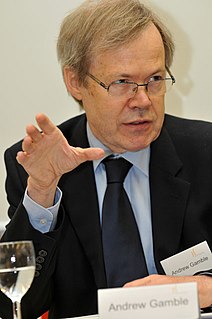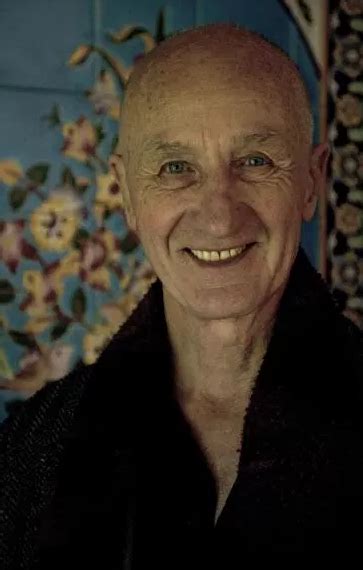A Quote by Bill Vaughan
How wisely fate ordain'd for human kind Calamity! which is the perfect glass, Wherein we truly see and know ourselves.
Related Quotes
How prone all human institutions have been to decay; how subject the best-formed and most wisely organized governments have been to lose their check and totally dissolve; how difficult it has been for mankind, in all ages and countries, to preserve their dearest rights and best privileges, impelled as it were by an irresistible fate of despotism.
How can we know ourselves by ourselves? . . . Soul needs intimate connection, not only to individuate, but simply to live. For this we need relationships of the profoundest kind through which we can realize ourselves, where self-revelation is possible, where interest in and love for soul is paramount.
We are always more anxious to be distinguished for a talent which we do not possess, than to be praised for the fifteen which we do possess. Sometimes we are too close to the scene, to see clearly. We "know" ourselves so well that we cannot see how we are perceived by others. Our opinion of ourselves is only "one" opinion and it may not be the truth.
If you see the humanity in the world, grains of sand that bring everything to a halt - corruption, clashes of egos, human factors more than resources. So, how to avoid that? There’s a lack of human maturity. So it’s not been a fertile exercise to perfect yourself to some extent before you serve others, otherwise it’s like cutting the wheat when it’s still green. And nobody is fed by that. So we need a minimum of readiness to efficiently and wisely be at the service of others. So compassion needs also to be sort of enlightened by wisdom. Otherwise, it’s blind.
Our fate is something which exists outside ourselves, and which once revealed expresses the meaning of our lives. Apart, however, from soothsayers who claim to have a means of foretelling exactly what will befall us, this kind of fate is only normally revealed after a life has ended. Only then can the meaning of that life be understood.
How do we define, how do we describe, how do we explain and/or understand ourselves? What sort of creatures do we take ourselves to be? What are we? Who are we? Why are we? How do we come to be what or who we are or take ourselves to be? How do we give an account of ourselves? How do we account for ourselves, our actions, interactions, transactions (praxis), our biologic processes? Our specific human existence?
But when we borrow trouble, and look forward into the future to see what storms are coming, and distress ourselves before they come as to how we shall avert them if they ever do come, we lose our proper trustfulness in God. When we torment ourselves with imaginary dangers, or trials, or reverses, we have already parted with that perfect love which casteth out fear.
But how can you know anything of the impression made on others? Who can assure you that others do not draw therefrom incentives to evil? You do not know the depths of human frailty. . . Oh, how truly was it said that if some Christian women could only suspect the temptations and falls they cause in others with modes of dress and familiarity in behavior, which they unthinkingly consider as of no importance, they would be shocked by the responsibility which is theirs.

































